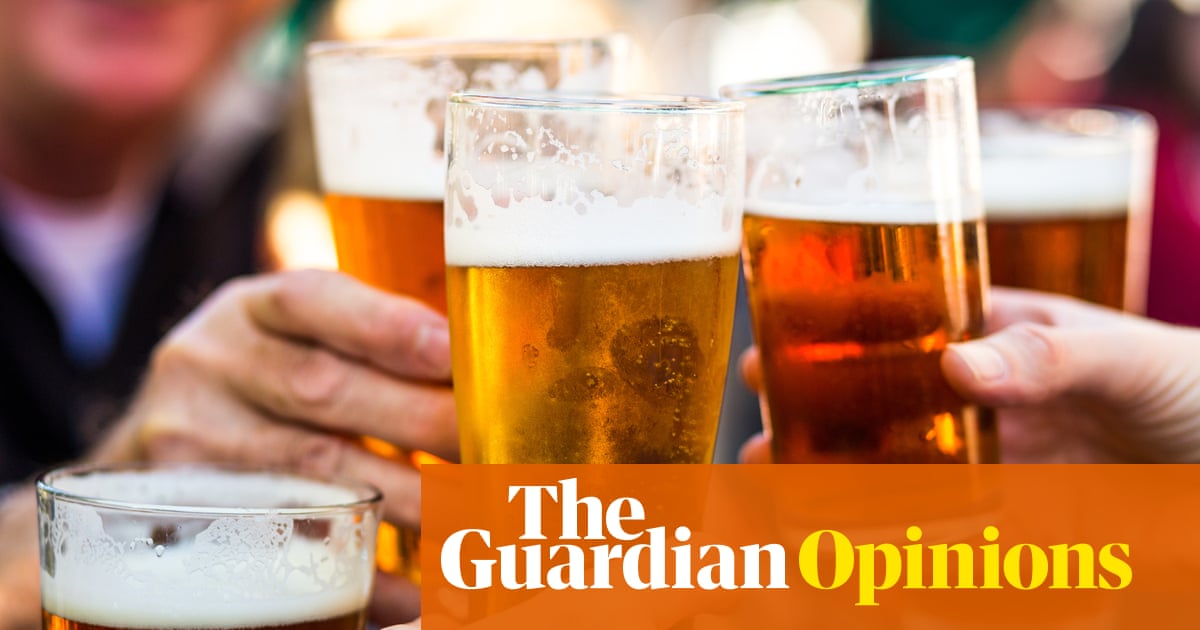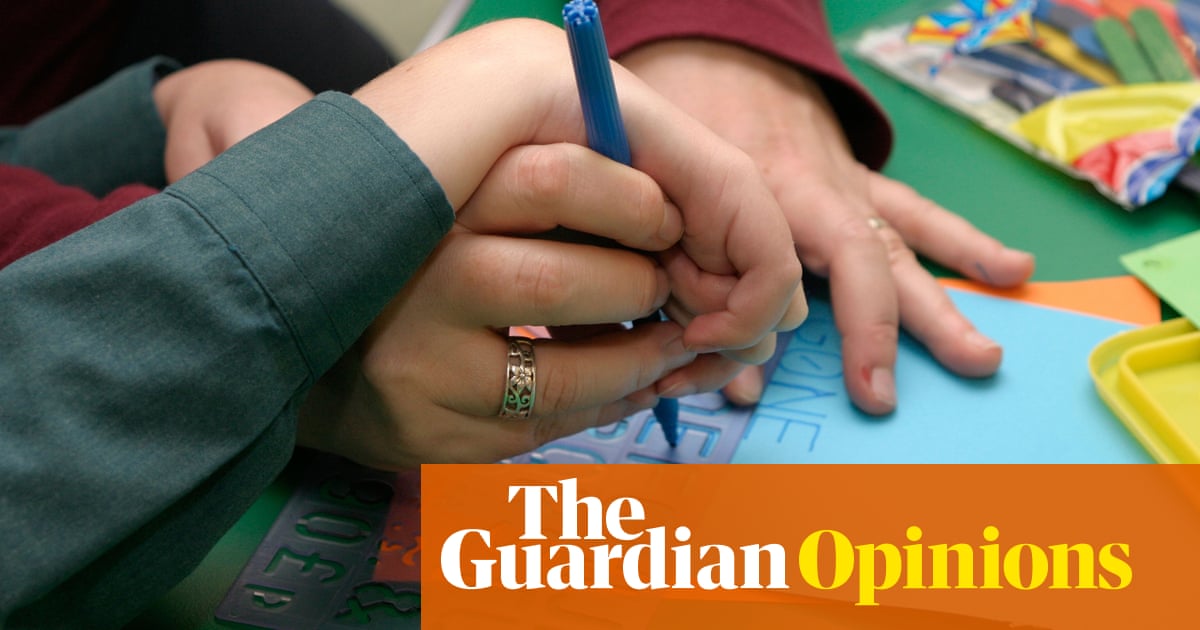
January is again upon us, marking a month of abstinence from alcohol for many. Nearly 9 million people will participate in dry January this year, according to Alcohol Concern. The campaign, devised by the charity in 2013 to change drinking culture through “social contagion”, has boomed in popularity over the past decade, and points to a corresponding rise in the sober curious (people who drink less or not at all). But dig a little deeper behind the statistics and you will find a growing disparity between young and older people in attitudes towards alcohol.
According to Alcohol Concern, a quarter of people aged 18-34 are planning to abstain from drinking this month, compared with only 10% of people aged 55 and over. It is a similar picture for people who want to reduce their alcohol intake in 2023 – 40% of 18-34s as opposed to 20% of over 55s, despite the latter age group drinking twice as much as young people in a week.
As a baby boomer, I often ask myself why so few older people like me are willing to become sober-curious. The alcohol-centric environment in which we grew up is a hard culture to break free from. I remember when drinking to intoxication was socially desirable. Those who dared to go against the grain were often socially excluded. Among my peers, there was a perception that being teetotal could only plausibly follow alcohol addiction. If we wanted to fit in – like it or not – drinking was a given.
As a psychiatrist, I have seen how this culture has taken its toll on my generation. In the UK, deaths from alcohol are highest for people aged 50-60. Compared with 25 years ago, I have observed that the number of people with alcohol-related mental disorders such as depression and dementia in our older adult services has increased more than threefold. Even for those who don’t drink heavily, drinking small amounts can increase the risk of falls. Alcohol also worsens the side effects of some prescribed drugs. Yet any mention that older people should change their lifelong drinking habits has mostly been given short shrift, with cries of “nanny state” echoing from the rafters.
“My generation was rock’n’roll, we drank a lot, smoked a lot. Times have changed. Young people are finding alternatives – and it’s benefiting us oldies too as we try to step back from bad habits,” says a retired executive assistant in France. According to the International Wine and Spirits Record, a progressive generational move to maintain wellness appears to be driving a growing popularity of low-alcohol drinks, with generation Z and millennials in the UK most likely to be “blenders” – people who switch between no/low-strength and full-strength alcoholic drinks on the same occasion.
But despite the wealth of lower-alcohol alternatives now available, baby boomers show little sign of embracing a change in their drinking habits. Whether it is the number of people drinking above recommended guidelines, alcohol-specific deaths or alcohol-related admissions to hospital, older people continue to lead other generations.
To change attitudes towards drinking among older people, we need to encourage a different type of social contagion, based around exposing the true extent of harm from alcohol. Bereavement and deteriorating mental and physical health are often a wake-up call, as are conditions such as dementia or cancer or suffering a stroke – but this is often too little, too late. We need to encourage people to make changes before the damage is done. Improving screening for alcohol use and feeding back the results from blood tests can help older people make informed choices about changing their drinking habits.
The media can only go so far in highlighting the problem. Perhaps what we need is an ambassador for older people and alcohol-related harm if we are really to inspire a collective wake-up call among my generation. Any nationwide campaign treads a delicate path if it wishes to “reduce the damage of drinking alcohol but retain the benefit of socialising” among older people particularly vulnerable to loneliness and its harmful impacts.
After nearly 25 years dedicated to reducing harm from alcohol among older people, I still think they can be nudged into a different mindset. Projects such as Drink Wise, Age Well have left a legacy in pointing out the health risks from alcohol, and I have little doubt that dry January will engage an increasing number of older people. But how long will this take to achieve critical mass – and at what cost to my generation?
Tony Rao is a consultant old-age psychiatrist and the author of the novel Catch Me When I Fall












